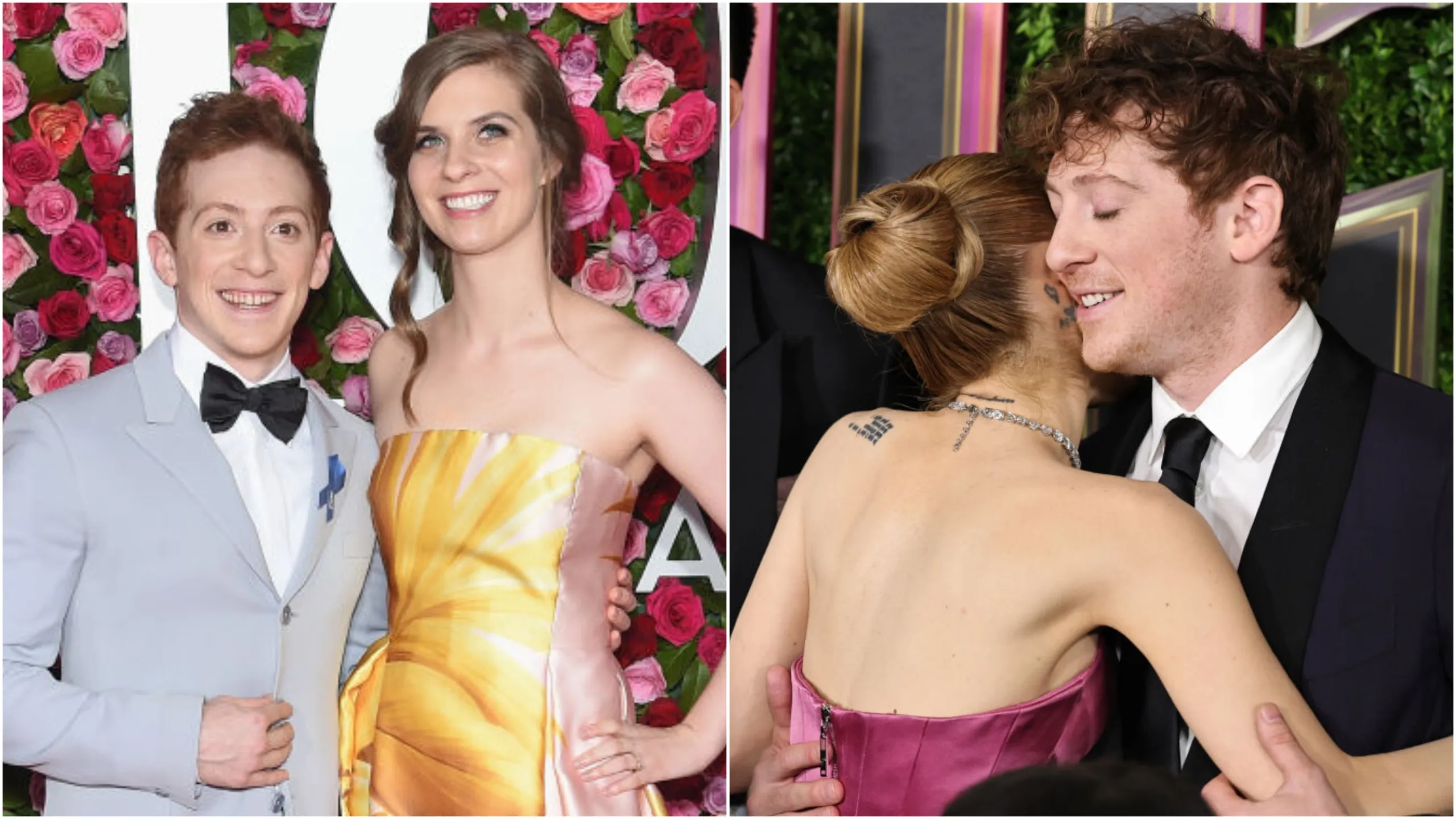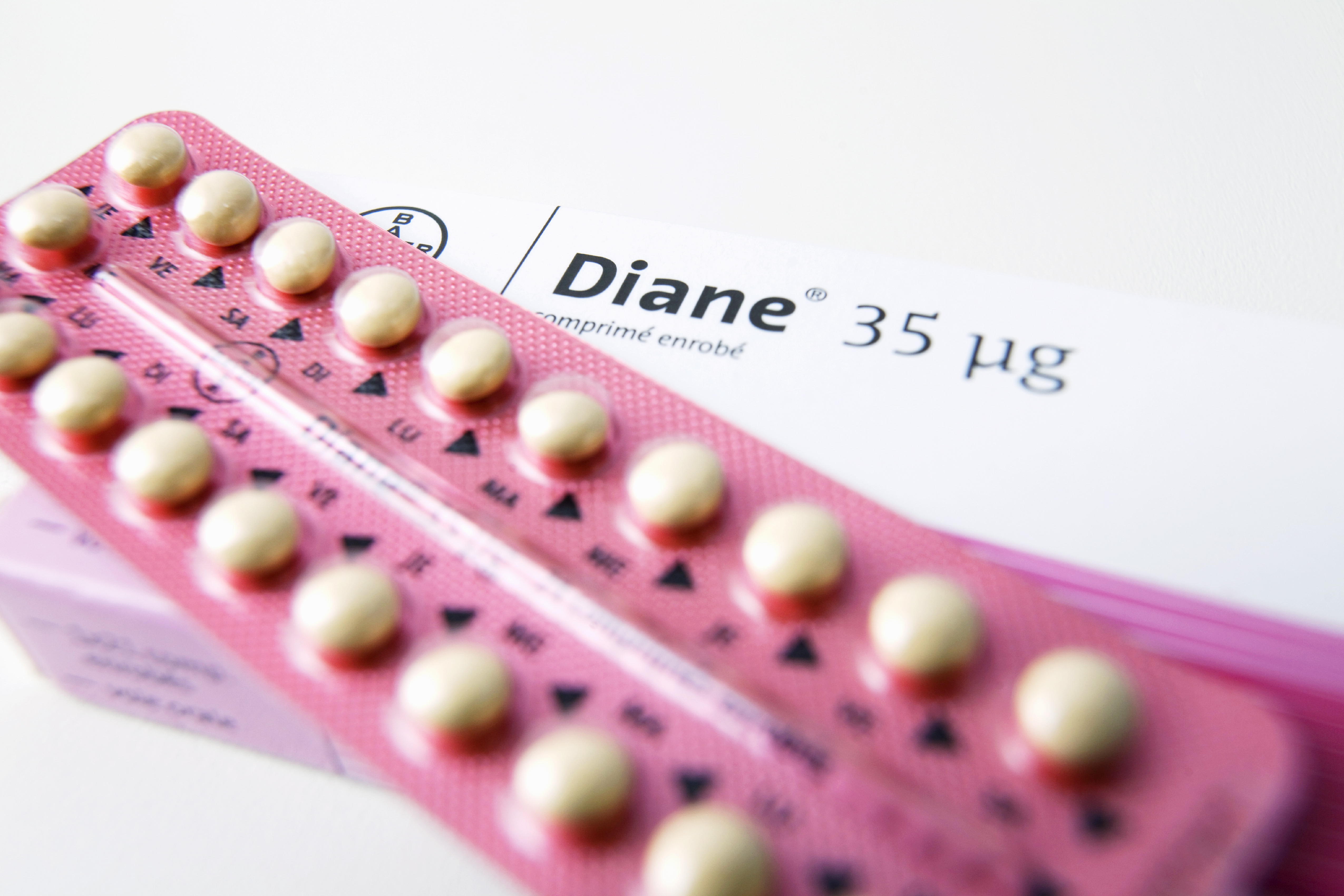Trans weightlifter Laurel Hubbard doesn’t think her trailblazing Olympics bid ‘should be historic’
Laurel Hubbard speaks to media after competing in the Tokyo Olympic Games (Laurence Griffiths/Getty)
Laurel Hubbard says she will likely retire after becoming the first out trans woman to compete in the Olympic Games.
On Tuesday (3 August) Hubbard gave her first interview since being selected for the New Zealand team, looking understandably nervous as she admitted her discomfort at being the centre of attention.
Clasping her hands tightly as she spoke, she explained that she’d never sought publicity and exposure, nor does she regard herself a role model or trailblazer – she just wanted to be seen as any other athlete on sport’s biggest stage.
“I don’t think it should be historic,” she said of her Olympic debut. “As we move into a new and more understanding world, people are starting to realise that people like me are just people. We are human and as such I hope that just by being here is enough.
“All I have ever wanted as an athlete, is to be regarded as an athlete.”
Hubbard made an early exit from the Games on Monday (2 August), eliminated just 10 minutes into her +87kg contest after failures in her opening three lifts.
She left the arena with a smile and drew a heart with her hands, knowing that although she failed to win a medal, her Olympic journey will forever be a part of trans sporting history.
According to Sky Sports, Hubbard said she’s considering retirement due to her age. At 43, she was the oldest in her Olympics category.
“What I hope is, if I am in a position to look back that this will just be a small part of history just a small step,” she told reporters afterwards. “I really hope that with time, any significance to this occasion is diminished by things to come.”
Laurel Hubbard says her inclusion ‘reaffirmed the principles of Olympianism’
When asked if she was a role model for trans people, Laurel Hubbard replied: “No, not really”.
“The transgender community has more difference than it has in common because everyone is so individual, living such different lives in such different circumstances,” she continued.
“I’m not sure that a role model is something that I could aspire to be. Instead I hope that just by being here, I can provide some sense of encouragement.
“And I just hope that different people who are undergoing any difficulty or struggle with their lives… that they can perhaps see that there are opportunities in the world. There are opportunities to live authentically, and as we are.”
Hubbard went on to thank the New Zealand Olympic Committee, Japanese organisers, and particularly the International Olympic Committee, saying they had been “extraordinarily supportive” of her Olympic bid.
“I think that they reaffirmed their commitment to the principles of Olympianism,” she said. “They’ve demonstrated, I think, that sport is something all people around the world can do. It’s inclusive, it’s accessible, and I think that’s just really fabulous.
“I know that my participation in these Games has not been entirely without controversy. But they’ve been just so wonderful. They’ve been such a help, and I’m so grateful to them all. Thank you.”






